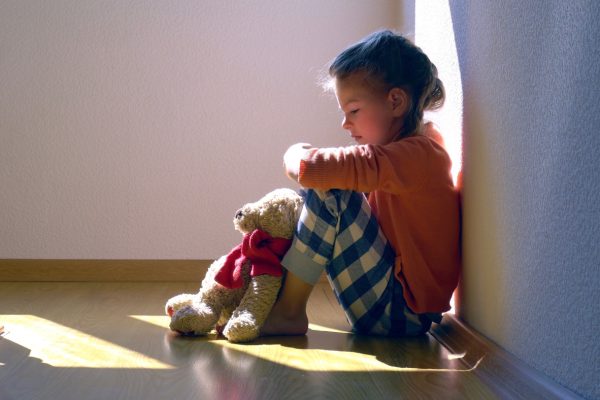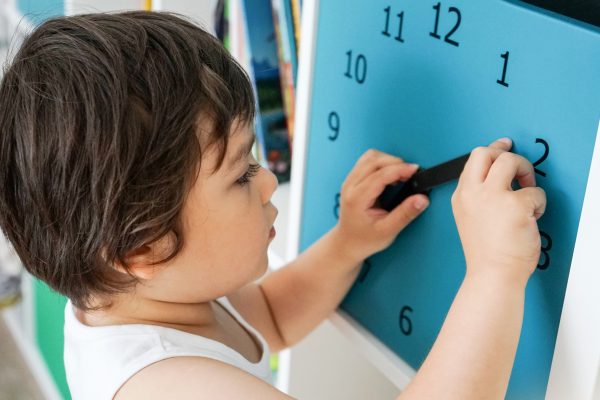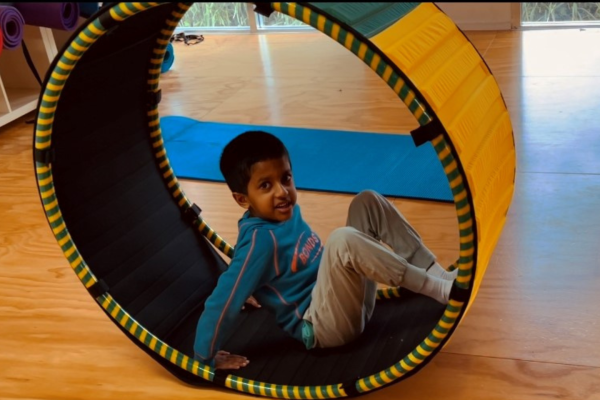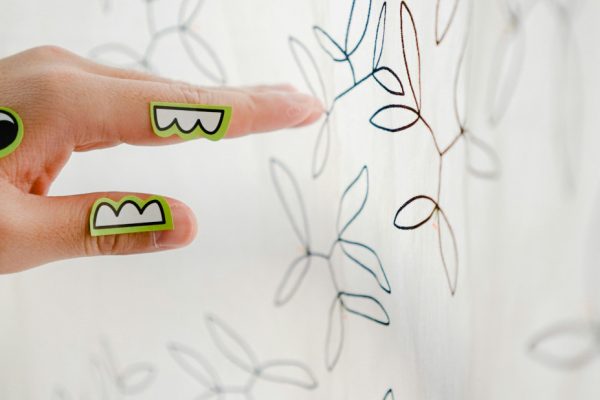
School camps & excursions: making them work for your child
Excursions and camps are an important part of the school curriculum, and every child has the right to attend. Schools have an obligation to make reasonable adjustments for the inclusion of students with disability.
PLANNING IS THE KEY TO SUCCESS
Start the conversation early with the school about upcoming excursions or camps. Talk to your child’s teacher about what will be involved and share information on what may need to be considered.
Ask allied health therapists who work with your child, to recommend supports and reasonable adjustments that could be implemented.
A Student Support Group meeting (or the equivalent in your state) is a good place to develop a plan of support for your child. Take into consideration any health, sensory or behavioural needs your child may have. Ensure you mention everything – nothing is too trivial and can help build a picture for support.
Checklist of things to mention:
• Medication and medical needs
• Personal care needs (e.g. does your child need help with teeth cleaning, tying shoes, etc.)
• Toileting (e.g. night-time pull-ups, prompting, constipation, bed wetting, Conni sheets, etc.)
• Travel sickness (e.g. what helps)
• Foods (e.g. what they do and don’t eat)
• Bedtime routines (e.g. time, calming routines, etc.)
• Fears or phobias (e.g. spiders, darkness, heights, etc.)
REASONABLE ADJUSTMENTS
- A range of reasonable adjustments can be made to support your child. Examples include:
- Providing a social story
- Providing a detailed visual schedule
- Having a bus buddy and a dedicated seat on the bus
- Activities for the bus
- Being in a cabin with a small group
- Being in a cabin close to teachers
- Accessible activities – it’s important to cover this in detail. Camps often focus on highly physical activities and significant changes may be needed so your child
can participate - Being in a group with an Education Support Officer for activities
- Having options for quiet time or a structured activity during breaks
- Access to their device during break time
- Taking their own food
- Having a go-to person for any difficulties
WHAT YOU CAN DO
• Prepare your child before the event and talk about what to expect. You know best how much preparation your child will need or whether this will build anxiety
• Have a countdown on the family calendar
• Go through the list of things they need to take
• Google the destination and show your child where they will be going
• Check out the websites of the activities or places they will be visiting
• Some families visit the camp beforehand
• Some families offer to volunteer at the camp or offer to stay nearby. You might want to do this if you think it will help your child. But schools cannot require you to do this.
This information is reproduced with permission from the Association for Children with a Disability (ACD) who’ve been advocating for children with disability for more than 40 years. Visit acd.org.au






